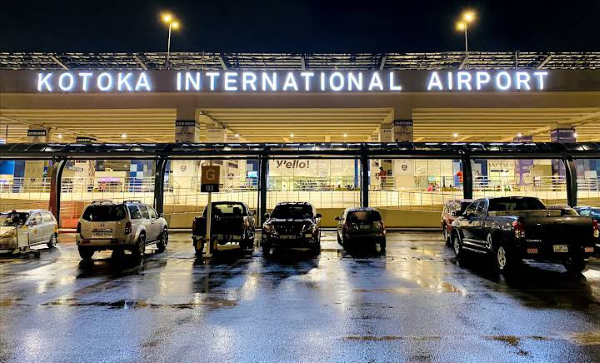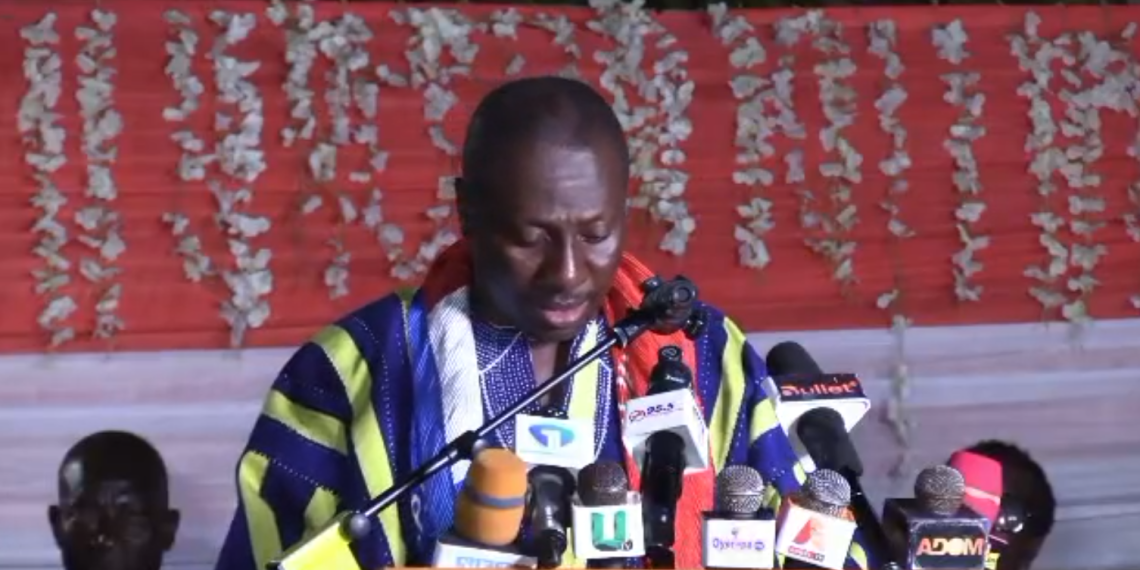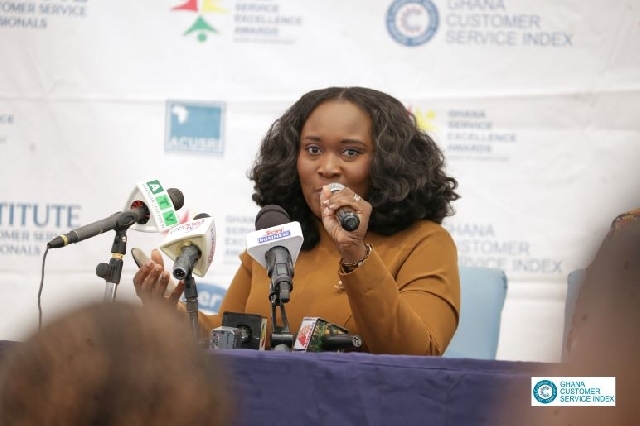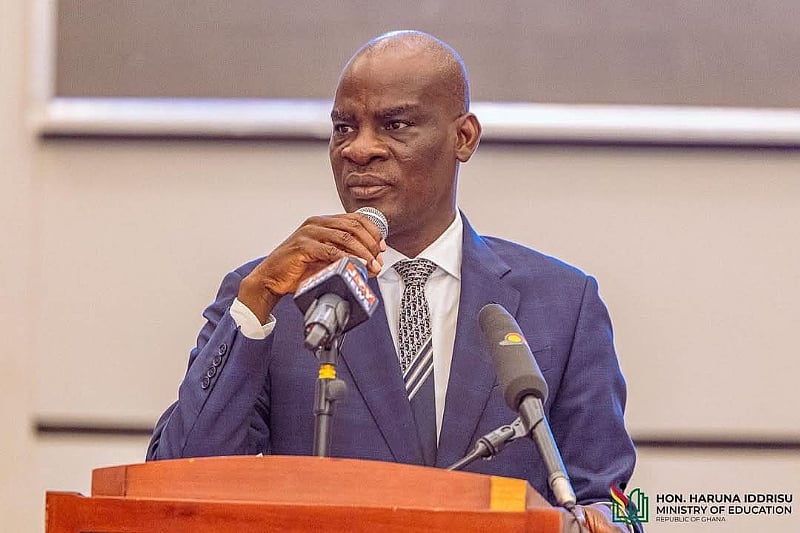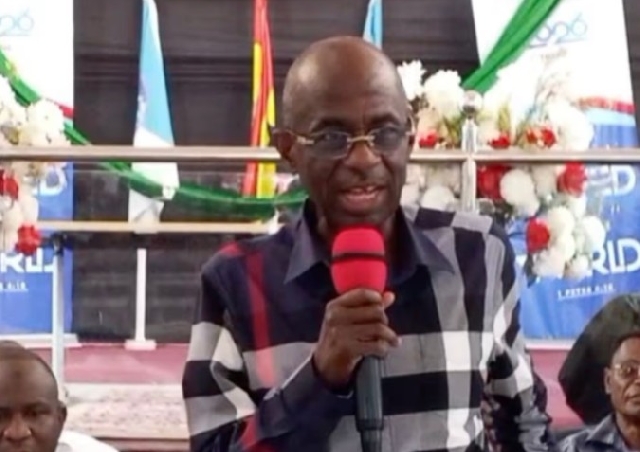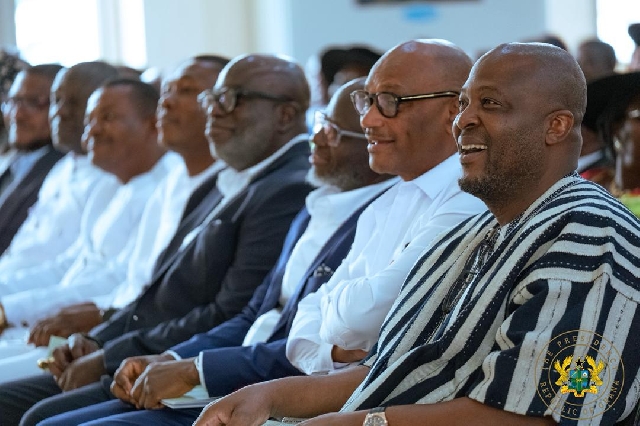Vice President Prof. Jane Naana Opoku-Agyemang has reaffirmed the government’s dedication to deepening Ghana’s decentralisation process, calling it a central pillar of the Reset Agenda for national development.
Speaking at the Maiden National Dialogue on Decentralisation and Responsive Governance, held at the Kempinski Hotel in Accra, the Vice President underscored the vital role of empowered local governments in advancing democracy and sustainable growth.
“Building a capable state must begin with functional and ethical local governments. We must commit to giving citizens a stronger voice, as prescribed by the directive principles of state policy in our constitution,” she stated.
Highlighting tangible progress, Prof. Opoku-Agyemang revealed that over GHS 2 billion has already been disbursed through the District Assemblies Common Fund, fuelling community-level development and essential services. However, she emphasized that resources alone are not sufficient, urging data-driven, evidence-based approaches that directly address citizens’ needs.
Drawing on international lessons, the Vice President pointed to Uganda’s success, where fiscal transfers paired with robust citizen monitoring have led to marked improvements in health and education. “When decentralisation is matched with real empowerment and accountability, the results can be profound,” she remarked.
Unveiling the government’s priorities under the Reset Agenda, she announced several key reforms: increasing allocations to the District Assemblies Common Fund, moving towards the election of Metropolitan, Municipal, and District Chief Executives (MMDCEs), supporting assemblies to boost their own-source revenues, and leveraging local income to attract private investment for development.
Prof. Opoku-Agyemang also disclosed that work is progressing on the National Decentralisation Policy and Strategy (2026–2030), which aims to devolve greater power and resources from the centre to local governments.
The two-day dialogue convened government officials, Members of Parliament, development partners, traditional and religious leaders, and civil society actors to help shape Ghana’s policy direction for the next five years.
“Let us envision a Ghana where governance is closer to the people, where institutions are responsive, and where citizens are active participants in shaping their paths,” the Vice President declared as she officially opened the dialogue.
Source: Apexnewsgh.com

